The Pre-University Summer School is a unique academic and social experience designed for high school students who are enrolled in their final two years of study. If you are interested in Psychology and related subjects, you can study a summer school course where youwill be encouraged to adopt problem-based learning to see how insights from research can be applied to real world issues. With the Institute of Psychiatry, Psychology and Neuroscience being one of the world’s leading centres for interdisciplinary research in psychiatry and psychology, this programme can provide you with a valuable insight into this field of study.
Whatever career you pursue, a background in psychology will enhance your employability. Studying psychology can…
…help you understand yourself and other people by learning about aspects of human behaviour that will help you in daily life, including your interactions with others, your learning and memory performance, your ability to cope with pressure and your understanding of the causes of psychological disorders.
…complement other learning by combining Psychology with other subject areas. Many subject areas in arts and social sciences, benefit from an understanding of human behaviour, be it social interaction, language and communication, human motivation and emotion, or the process of decision-making. Moreover, knowledge about brain function and behaviour is of considerable benefit to students studying other science degrees.
…develop sound analytical skills through the application of scientific method. Psychology is a science. The defining feature of any science is the objective approach that is used to advance our knowledge. In psychology we use this scientific approach to learn about behaviour and mental life. Psychology provides an excellent training in analytical thinking and scientific research methods that are applicable to a broad range of careers.
A testimonial from a previous psychology student, Francesca Giombini, who expresses her thoughts on the programme- “I loved spending my summer at Kings and would wholeheartedly recommend it to anyone. These two weeks went above and beyond my expectations both academically and socially!”
The course will be running in both session one (9 – 20 July 2018) and session two (23 July – 3 August 2018). The application deadline is 15 May 2018, and early application is advised. For more information, please check our website.
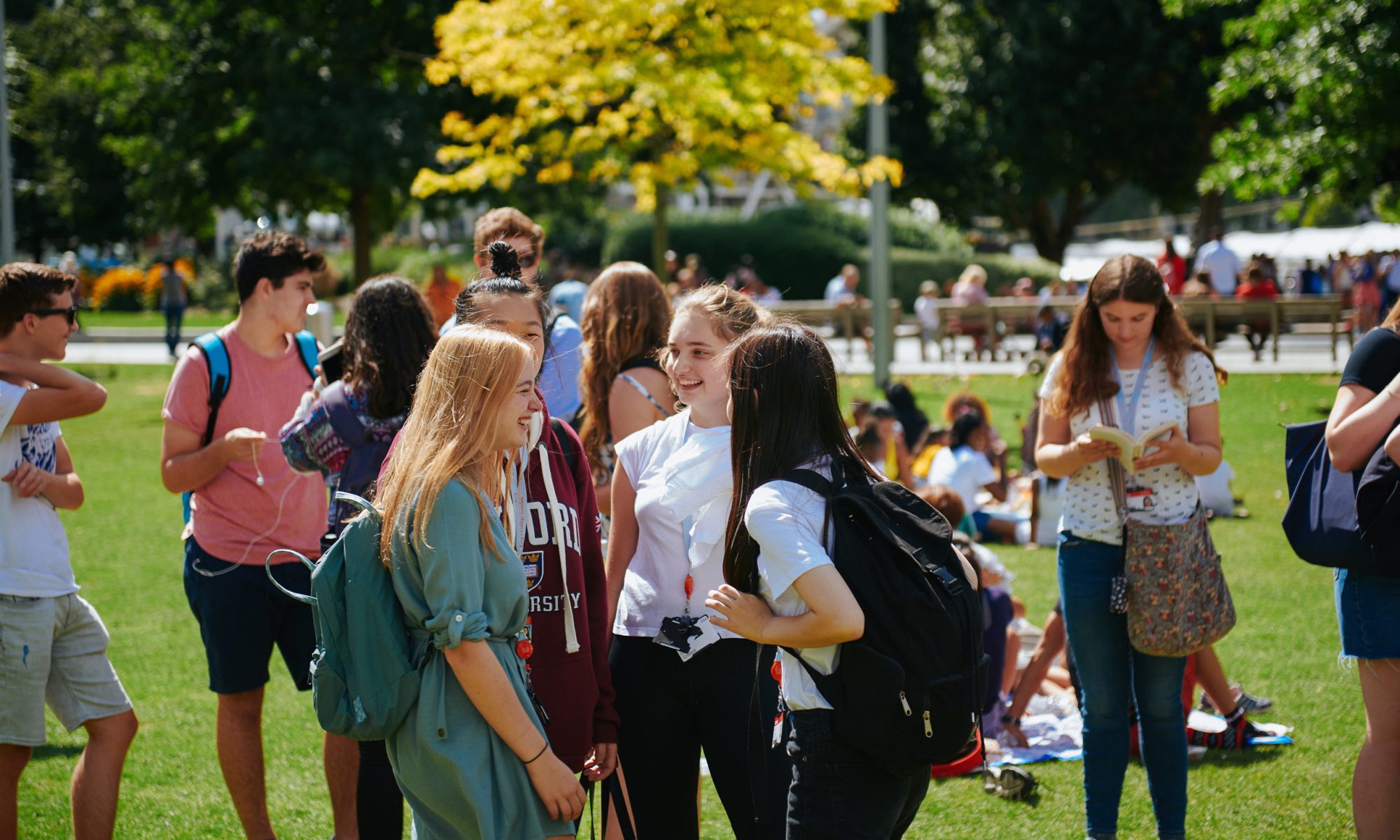
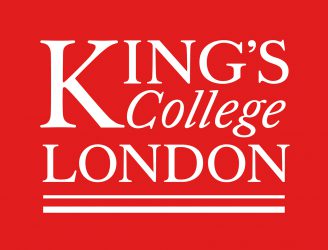


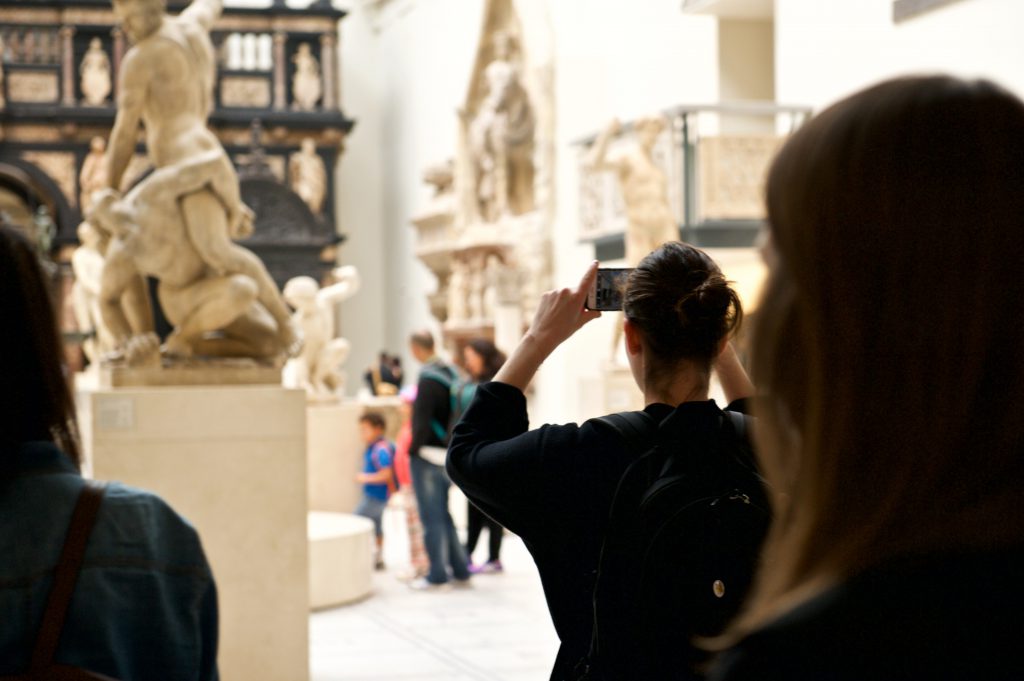
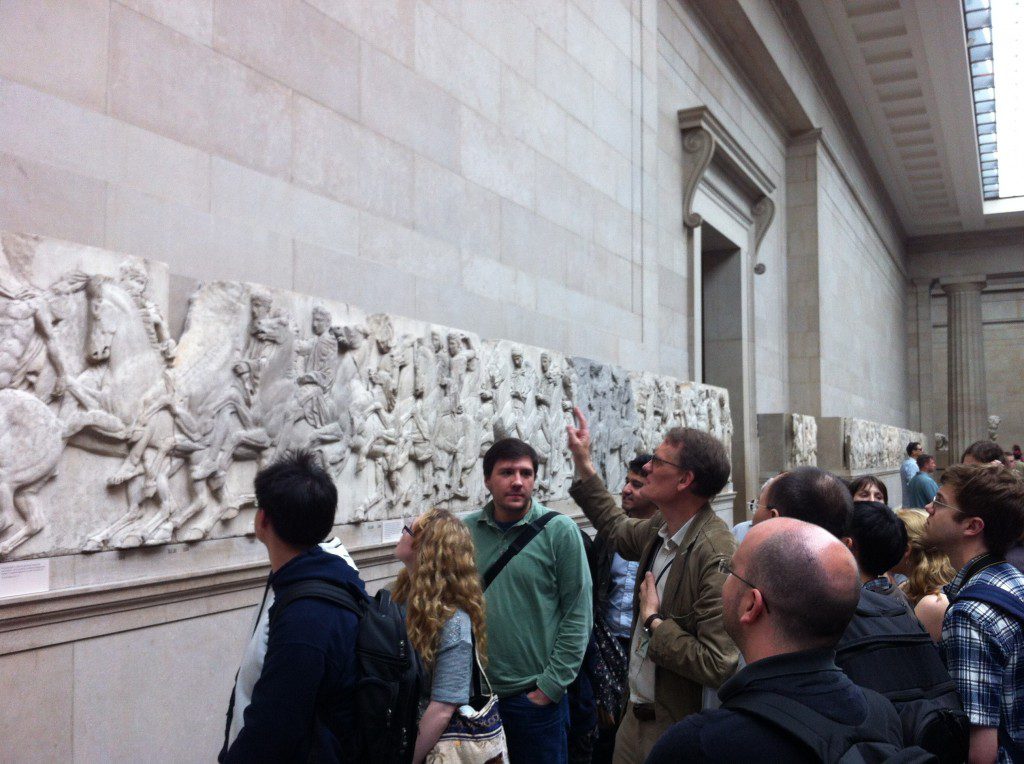
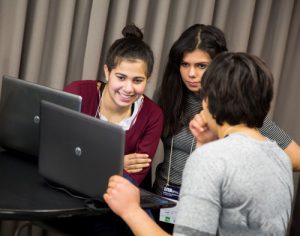
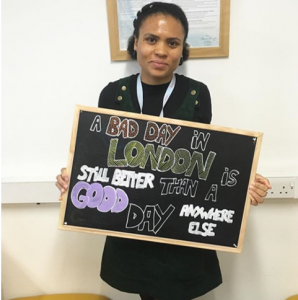
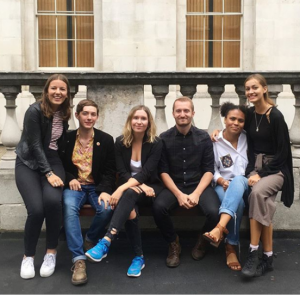

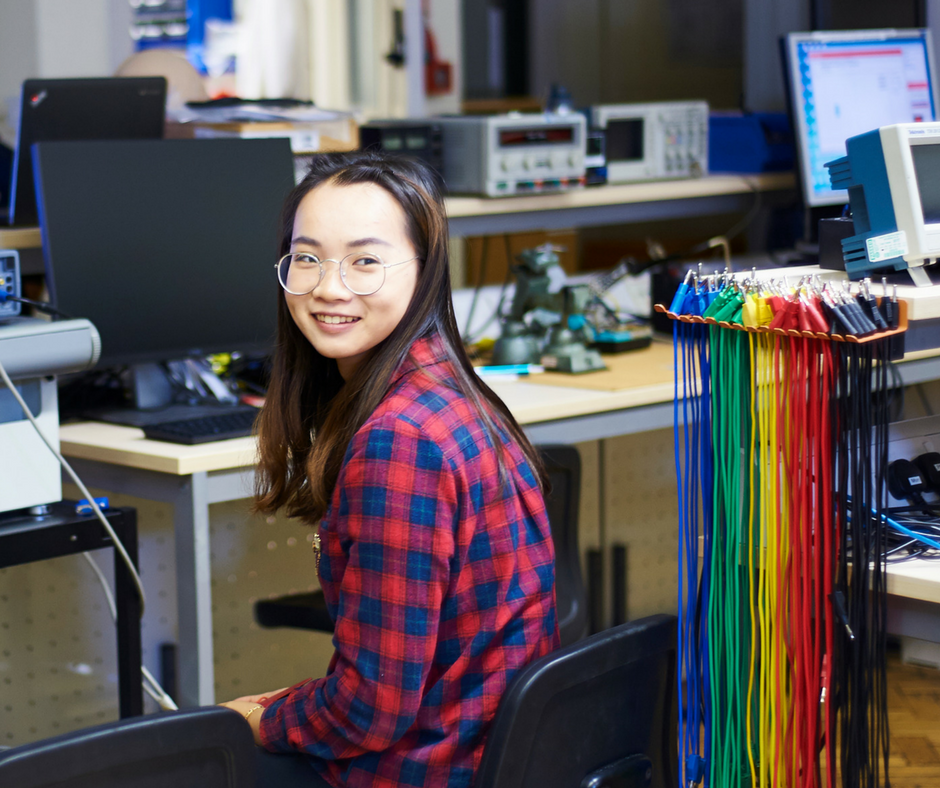
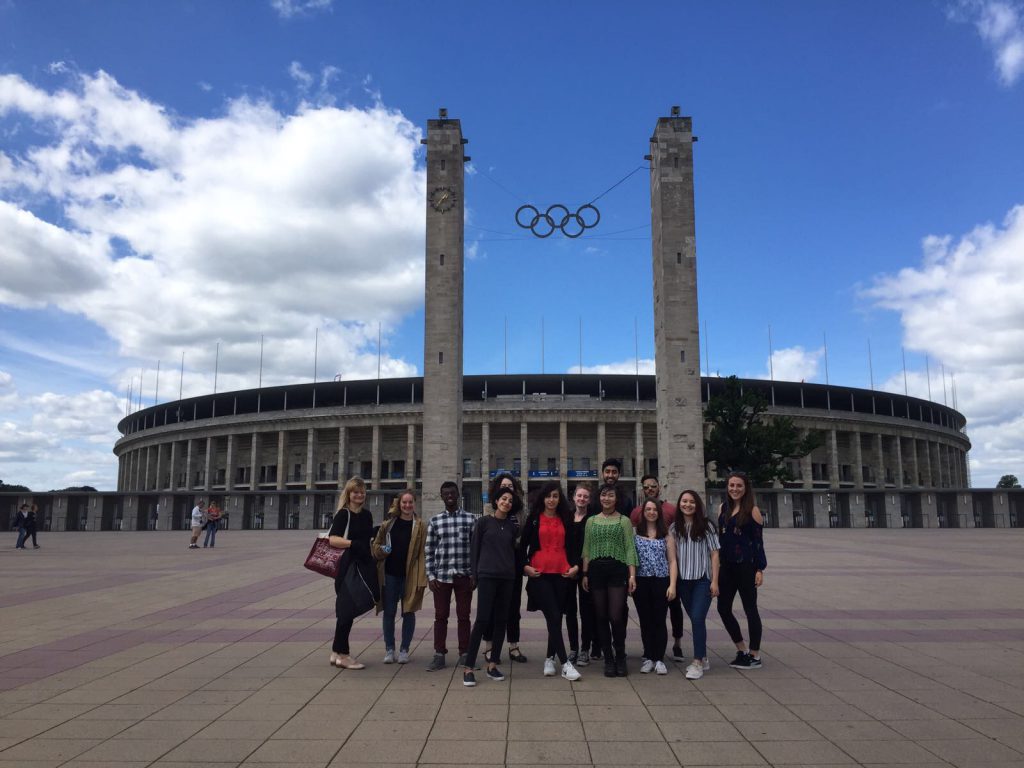
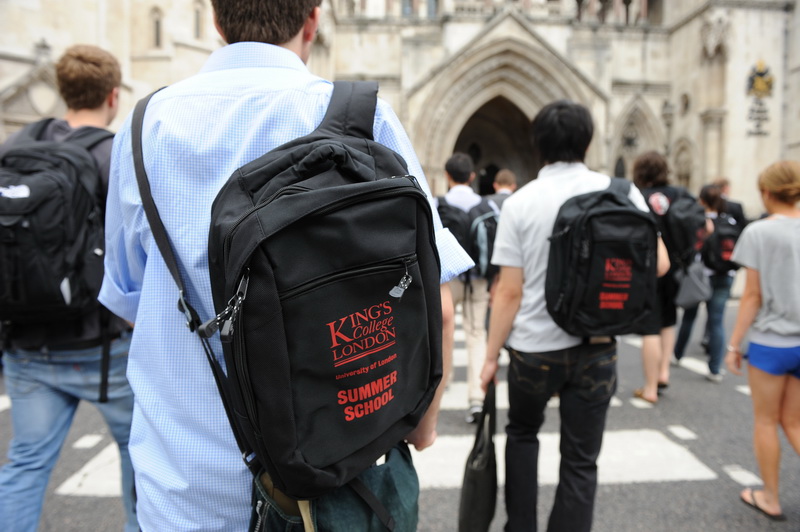
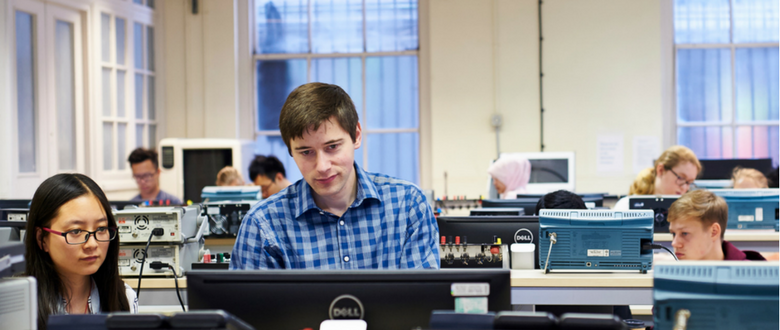
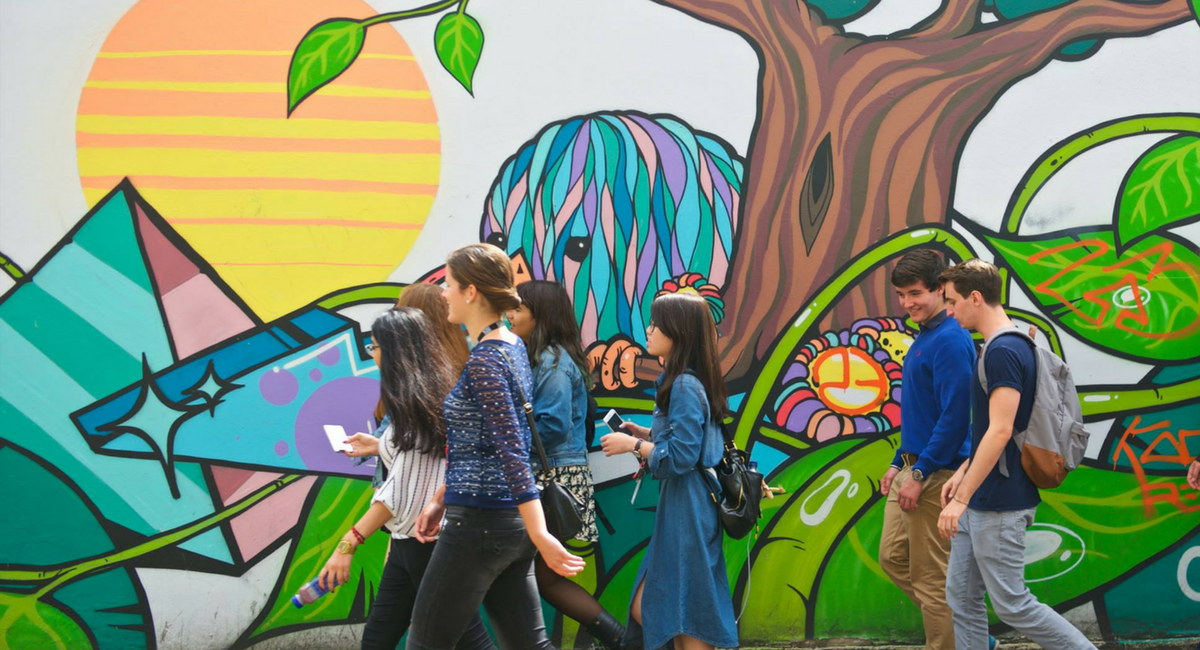 We are pleased to announce that applications for our 2018 Undergraduate Summer School are now open.
We are pleased to announce that applications for our 2018 Undergraduate Summer School are now open.